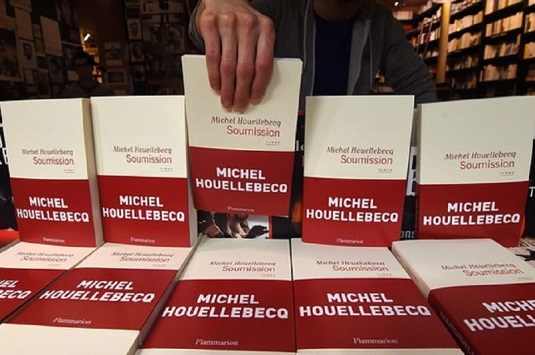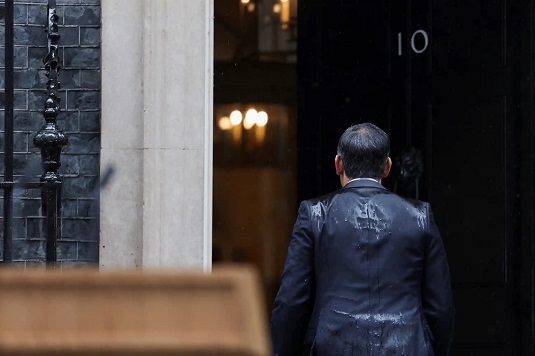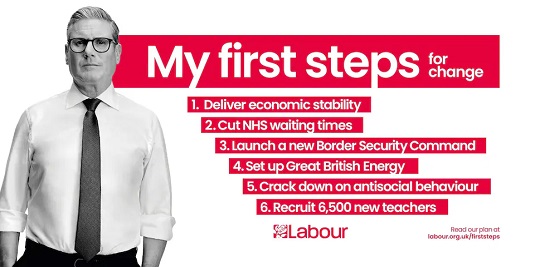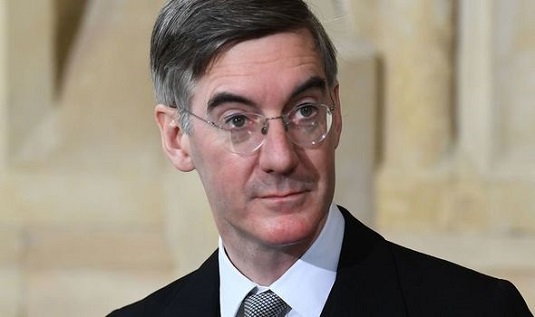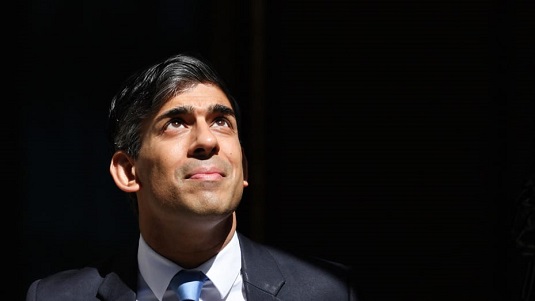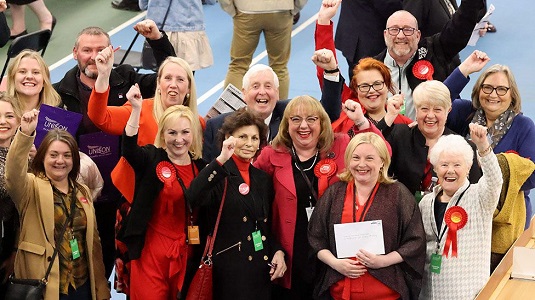
Party
|
Number of Candidates
|
Total Vote
|
%
|
+/- Apr
|
+/- May 23
|
Avge/
Contest |
+/-
Seats |
Conservative
|
69
| 48,595 |
27.0%
| -3.9 |
-2.6
|
704
|
-2
|
Labour
|
67
| 62,695 |
34.8%
| +12.4 |
+3.0
| 936
|
+1
|
Lib Dem
|
60
| 33,921
|
18.8%
| -0.4 |
-1.6
|
565
|
0
|
Green
|
54
| 20,634
|
11.5%
| +6.2
|
+1.2
|
382
|
+1
|
SNP*
|
1
| 916 |
0.5%
| -7.4 |
+0.5
| 916
|
0
|
PC**
|
0
| | |
0
| |||
Ind***
|
27
| 7,814 |
4.3%
|
-3.5
|
289
|
0
| |
Other****
|
25
|
3.3%
| -2.6 |
+2.9
|
235
|
0
|
* There was one by-election in Scotland
** There were no by-elections in Wales
*** There were four Independent clashes
**** Others this month consisted of Heritage (36), Liberal (22), Party of Women (42), Peterborough First (1,307), Reform (417, 212, 128, 90, 82), Scottish Family Party (136), Socialist Alternative (86), South Devon Alliance (523), Tattenham and Preston Residents (1,318), TTIP (150), TUSC (151, 82, 48, 30, 33, 20, 19), UKIP (259, 50), Workers' Party (198, 46)
The local elections were pretty awful for the Tories. The council by-elections held on the same day? Less so. May wasn't a complete wash out for them where local contests were concerned, but the size of the absolute votes gap between them and Labour is hardly a cause for encouragement. But if anything, with only eight seats changing hands, there are no big movements in the polling numbers. The Tories have slipped a wee bit, Labour has made a modest advance, and it's rinse and repeat with the Liberal Democrats and Greens. A feeding frenzy on tender Conservative flesh just didn't happen.
That isn't to say that won't happen when the big one lands on 4th July. Between now and then there are 17 by-elections in June to look forward to, and if I'm going to venture a projection I can't imagine the results to come will differ much from what we have here.
2 May
Adur, St Mary's, Lab hold
Amber Valley, Crich and South Wingfield, Con hold
Bedford, Riverfield, LDem hold
Birmingham, Bournbrook and Selly Park, Lab hold
Bolton, Horwich North, Ind hold
Bournemouth, Christchurch and Poole, Canford Cliffs, Con hold
Breckland, Hermitage, Con gain from LDem
Brighton and Hove, Kemptown, Lab hold
Brighton and Hove, Queen's Park, Lab hold
Bromley, Shortlands and Park Langley, Con hold
Broxtowe. Attenborough and Chilwell East, Lab hold
Camden, Frognal, Con hold
Charnwood, Loughborough East, Lab hold
Cheshire West and Chester, Wolverham, Lab hold
Colchester, Greenstead, Lab hold
Croydon, Park Hill and Whitgift, Con hold
Croydon, Woodside, Lab hold
Durham, Horden, Lab hold
East Devon, Exmouth Brixington, Con hold
Essex, Harlow South East, Con hold
Gosport, Lee West, Con hold x2
Hackney, De Beauvoir, Lab hold
Hackney, Hoxton East and Shoreditch, Lab hold
Hampshire, Fareham Sarisbury, Con hold
Hampshire, Meon Valley, Grn gain from Con
Hart, Fleet East, LDem hold
Hillingdon, Hillingdon East, Con hold
Hounslow, Brentford West, Lab hold
Huntingdonshire, Great Paxton, LDem gain from Con
Ipswich, Priory Heath, Lab hold
Ipswich, St John's, Lab hold
Islington, Hillrise, Lab hold
Kensington and Chelsea, Norland, Con hold
Lambeth, Knight's Hill, Lab hold
Lambeth, Streatham Common and Vale, Lab hold
Lancaster, Carnforth and Millhead, Lab hold
Leicestershire, Burbage, LDem gain from Con
Lewisham, Deptford, Lab hold
Lincolnshire, Park, Lab hold
Manchester, Didsbury East, Lab hold
Mid Suffolk, Chilton, Grn hold
Mole Valley, Capel, Leigh, Newdigate & Charlwood, LDem hold
Newcastle upon Tyne, Fawdon and West Gosforth, LDem hold
North West Leicestershire, Snibston South, Lab hold
Oxford, Blackbird Leys, Lab hold
Peterborough, Werrington, Oth hold
Reigate and Banstead, Tattenham Corner and Preston, Oth hold
Runnymede, Woodham and Rowtown, Con hold
St Albans, Batchwood, LDem hold
St Albans, London Colney, Lab gain from LDem
St Albans, Sandridge and Wheathampstead, LDem hold
Salford, Ordsall, Lab gain from LDem
Sheffield, Firth Park, Lab hold
Somerset, Mendip South, LDem hold
South Derbyshire, Melbourne, Con hold
South Gloucestershire, New Cheltenham, Lab hold
South Norfolk, Bunwell, Grn gain from Con
Stoke-on-Trent, Meir North, Lab hold
Sutton, St Helier West, Con gain from Lab
Swindon, Wroughton and Wichelstowe, Con hold
Teignbridge, Ashburton and Buckfastleigh, LDem hold
Torridge, Bideford North, LDem gain from Grn
Wakefield, Normanton, Lab hold
Wandsworth, West Putney, Con gain from Lab
Warwick, Leamington Clarendon, Lab hold
Waverley, Witley and Milford, LDem hold
West Devon, Tavistock North, LDem hold
West Lancashire, Tarleton Village, Con hold
Westmorland and Furness, Grange and Cartmel, LDem hold
Woking, Hoe Valley, LDem hold
Worcestershire, Evesham North West, Con hold
9 May
North Ayrshire, Kilwinning, Lab gain from Con
23 May
Melton, Wymondham, Con hold
30 May
Birmingham, Kingstanding, Con hold
Image Credit



